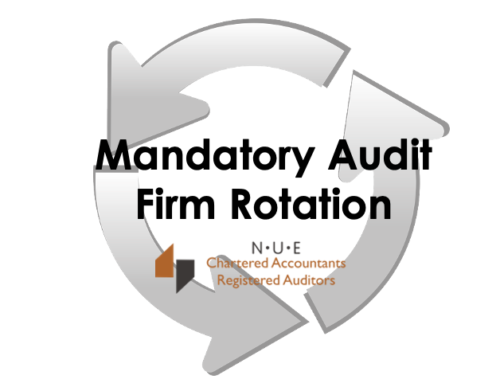In today’s business landscape, payroll compliance plays a crucial role in ensuring that organizations adhere to the ever-changing regulations and laws governing employee compensation. Staying up-to-date with these regulations is essential to avoid legal issues, penalties, and reputational damage. This article will delve into the importance of payroll compliance and provide valuable insights on how businesses can stay current with changing regulations.
Understanding Payroll Compliance:
- Definition and Scope: This section will define payroll compliance and its significance in managing employee wages, taxes, and benefits. It will highlight the key areas covered by payroll compliance, including payroll tax obligations, wage and hour laws, benefits administration, and record-keeping requirements.
The Importance of Staying Compliant:
- Legal Consequences: This section will outline the potential legal consequences of non-compliance, such as fines, penalties, and legal disputes. It will emphasize the importance of maintaining accurate records and timely tax filings to avoid legal ramifications.
- Reputational Risks: This subsection will discuss the impact of non-compliance on a company’s reputation and brand image. It will highlight the potential damage to employee morale, customer trust, and investor confidence that can result from payroll compliance failures.
Factors Influencing Changing Payroll Regulations:
- Legislative Changes: This section will explore how legislative bodies, at both the federal and state levels, continuously introduce new laws and regulations affecting payroll compliance. It will discuss key factors such as minimum wage adjustments, tax code revisions, and updates to employee benefits regulations.
- Labour Market Shifts: This subsection will address how changes in the labour market, such as the gig economy and remote work trends, have prompted policymakers to re-evaluate payroll regulations. It will discuss the challenges faced by employers in adapting to evolving workforce dynamics.
Strategies for Staying Up-to-Date:
- Regular Review of Regulations: This section will emphasize the importance of regularly reviewing federal, state, and local regulations to stay informed about any changes. It will provide guidance on reliable sources for accessing up-to-date information, such as government websites, industry publications, and professional networks.
- Collaborating with Experts: This subsection will highlight the benefits of partnering with payroll service providers, legal counsel, and HR professionals who specialize in payroll compliance. It will outline how these experts can provide guidance on interpreting complex regulations and implementing necessary changes.
- Training and Education: This section will stress the significance of ongoing training and education for payroll professionals and HR staff. It will discuss the availability of workshops, seminars, and online courses that focus on payroll compliance, ensuring employees have the necessary knowledge and skills to navigate changing regulations.
Implementing Effective Compliance Practices:
- Internal Controls and Audits: This section will address the importance of establishing robust internal controls and conducting regular audits to identify potential compliance gaps. It will discuss best practices such as reconciling payroll reports, verifying employee classifications, and conducting periodic payroll system reviews.
- Document Management and Record Keeping: This subsection will emphasize the need for efficient document management and record-keeping practices. It will discuss the importance of maintaining accurate and up-to-date records related to wages, tax withholdings, benefits, and employee classification.
- Technology Solutions: This section will explore how leveraging payroll software and technology solutions can streamline compliance processes and minimize errors. It will discuss the benefits of automated payroll systems, tax calculators, and time-tracking tools in ensuring accurate and compliant payroll operations.
In a dynamic regulatory landscape, payroll compliance remains a critical aspect of running a successful and legally sound organization. Staying up-to-date with changing regulations requires a proactive approach, including regular review of laws, collaboration with experts, and continuous training. By implementing effective compliance practices and leveraging technology solutions, businesses can navigate the complexities of payroll regulations, mitigate risks, and foster a compliant work environment.




